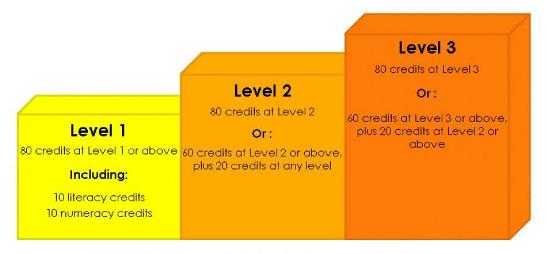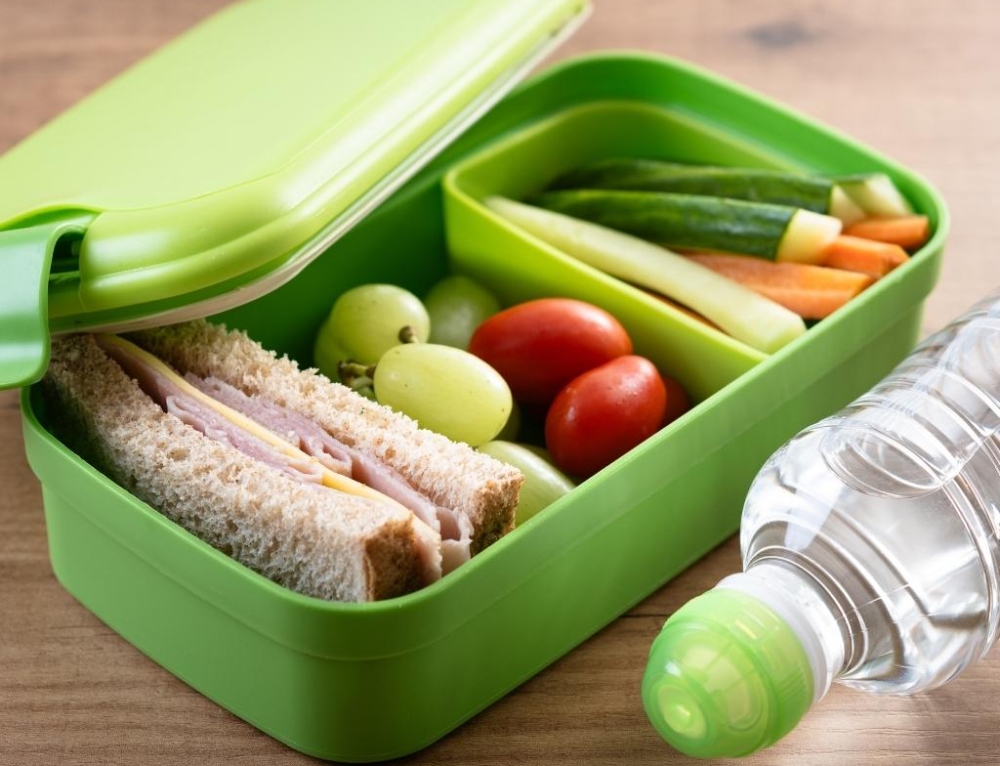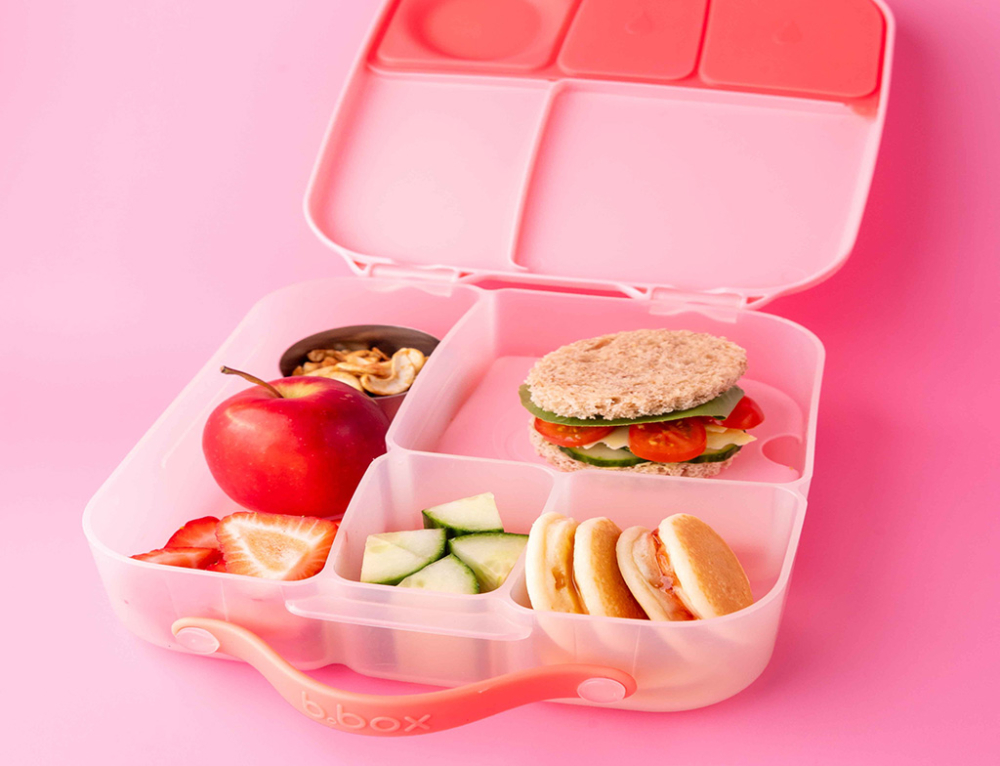“My child is starting NCEA this year. How do I help them succeed?”
Tracey Beard from Career Matters works with students from age 16 (Year 11) through to age 25 in their exploration of career and tertiary study options.
NCEA students (Year 11-13 in NZ) are under a lot of pressure and there is so much information to navigate. It’s also a system that is different to when you were at high school, and through my extensive career coaching with students, I see that parents need support helping their children navigate the important NCEA years.
10 proven ways to help your child thrive within the NCEA years
1. Subject Selection
Check that the school subjects they are taking are relevant to THEIR interests (not yours!) – make sure the subject has a clear pathway into subjects for Year 12 and 13, in that it can be taken in subsequent years and is required for their potential tertiary course or work field. The old adage of “everyone should take Maths, Science and English to Year 13” is no longer relevant.

2. Know how NCEA works
Ensure you understand the NCEA system – how the credits are allocated, the distribution of internal/external credits for each subject (if exams are stressful to your child, ensure he/she can build sufficient internal credits to take the pressure off the externals). Some internals can be resubmitted, some subjects require a project-based external rather than an exam, etc.
3. NZQA is your friend
Ensure your child has a login code for the NZQA site so you can sit with them at least once a month and review their NCEA progress, check the credits are entered correctly (mistakes can be made by the school, so ensure you ask them to fix these quickly) and talk about how they are progressing towards their subject/level/endorsement targets (lots of info on the NZQA website to help you here). You can’t just rely on your child’s school giving you this information or assume it has been recorded accurately.

4. Build great study habits
As your child completes an internal, have a quick review of how they approached it – were they organised and methodical in meeting all the requirements? Did they have all the information they needed to complete it, or were there gaps in their knowledge? Could they have managed their time better, sought more help, done more planning? Identify what they could do better for the next internal. A big part of success at school is helping your child build systems and habits that they can take through to tertiary studies or the workplace, so identifying poor practices like procrastination/disorganisation early can allow you to nip the behaviour in the bud.
5. Show your support
Have a discussion with your child about what you can do to support them – make it clear you won’t be doing any project/internal assessment for them but you can help give advice or work through a problem with them. You could help them plan their schedule and ensure there are no bottlenecks where other activities/events place pressure on their study requirements. Your support may also come in enforcing an agreed bedtime/waking time until it becomes a habit that they can manage themselves, agreeing a cut-off time for devices and ensuring healthy food is available and that exercise and relaxation is part of their day. And being ‘available’ to hear their concerns or worries, without judgment. Role model the ‘work first, then relax’ approach to their study needs.
6. Don’t be a sucker
Set clear boundaries on what you will NOT do for your child. For example, you won’t do their project for them, you won’t rush to school to drop off something they have forgotten, you won’t ask their teacher for more time on an internal when they could have realistically met the deadline, or you won’t praise them for a result which involved minimal effort.
7. Priase effort before results
Keep an eye on the amount of EFFORT your child puts into an internal or external, in preference to the result. Some children can get an ‘Excellence’ for an internal with minimal preparation or work, but this happens for few students and won’t always happen. Learning that effort brings rewards is the key here and sets them up for the future. As your child transitions to adulthood, their praise should come increasingly from internal sources (their sense of pride and achievement of their own goals) rather than external sources, like keeping their parents happy or winning an award for the school’s image/reputation.

8. Think beyond academics
Make sure your child looks for other opportunities outside the academic sphere to be part of, do well at and feel good about themselves – even just participating in a social team for sport is better than not playing at all. They don’t have to be perfect at everything; it’s about participation, trying new things and making the most of the opportunities that schools provide. This helps them build all facets of their character and life experiences, so that schoolwork is not their only focus.

9. Check their friendship group
Keep an eye on your child’s friends and get to know them (volunteer at the school cafeteria, manage their sports team, have their friends over to your house, for example). You can tell a lot about their state of mind and self-esteem by the type of friends they have and how they treat each other. If you see any negative behaviours, find ways to role model or praise better behaviours.
10. Introvert or extrovert?
Identify if your child is an introvert (they re-energise by spending some time on their own) or an extrovert (they re-energise by being with other people), shy or outgoing (this is a measure of their comfort in new social situations). Help them understand that whatever they are, it’s OK and they shouldn’t try to be someone they are not (it’s exhausting!). Schools invariably prefer and reward outgoing extroverts, so shy people or introverts can feel invalidated and this is where parents can reinforce that they are OK and help them see that the wider world needs people from all of these groups.
Need more help?
I’m happy to chat with you. You can book a free 20 minute phone call. If your child isn’t sure about their NCEA subjects or their career path, I can help you. I use a fantastic contemporary, online questionnaire to explore your child’s interests and then we discuss the results, in-person or via Skype. It’s empowering and exciting to support your child to be the best person they can be.
Call or email for a free, no-obligation chat. Tracey Beard: 021-843537, www.careermatters.co.nz, email: tracey@careermatters.co.nz.
This article was written by Tracey Beard of Career Matters.
Tracey Beard is a Career Expert. As the Founder and CEO (Chief Encouragement Officer) of Career Matters, she is changing the way that young adults across New Zealand explore their career and study options. Using powerful, contemporary career search tools and personalised career coaching, Tracey empowers young adults to know themselves better, which enables them to make better decisions about their future. And when these young adults are happy and living their purpose, we all benefit. Career Matters was recently awarded the 2019 Social Conscious Excellence award from Network New Zealand.
Follow Career Matters on Facebook @careermattersnz.
What did you find most difficult about school exams when you were a student?
See more:








These are great tips, I have a kid at high school and I have learnt a few things buy reading this article. I am very lucky that my daughter is a great student. She passed year 11 with excellence in every subject and has already been approached by universities! Shes only 16, I am super proud!
Our son is currently still in primary school but as he gets older he has more ideas about what he wants to do for a career when he is older. We will definitely make sure we are there to support him to ensure he chooses better subjects that will make it easier to lead into his chosen career pathway/pathways.
What great tips this brings back memory’s of when I was at school and how hard it was. We are still a few years away from NCEA but I’m guessing it will come around faster than what we think with our oldest now in year 8. They have such important decisions to make with subject choices and the career path they want to go.
Absolutely awesome tips here. I have 1 son who is first year of NZQA and it’s already tough so these tips are a huge welcome for me at the mo.
I struggled with all exams they weren’t my thing… My home teacher couldn’t understand it either all through the year I’d be prepared and do really well often getting high As and B+s but exam time I lost it completely…. Wasn’t until I went back to school as an adult I gained the credits and a diploma… I have a feeling my eldest is the same… His passion is gaming and he wants be a pro gamer and you tuber so at the mo he takes English, Computer tech, digital art, performing arts, social studies and cooking (food tech) all lead him onto media based studies and careers
We are far from this stage at the moment…but good tips to keep in mind for when we get there….as a teenager myself many moons ago i can remember the impact my parents made in their support when things got tough. And i hope to do the same for my kids one day.
This is a great read. Definitely some good tips for when my children reach exam times and NZQA. I believe that its completely right you do need to be happy in your subject choices and not have parent’s tell you what to do or how are you meant to thrive. What I found most difficult was the atmosphere. I would panic myself and it just caused so much stress and then the retaining of information.
I remember it being a difficult time for my son when he sat his NCEA a few years back. I now have a 7 year old who will be doing it all in a few years time. These are good tips and I think just do the best you can with support.